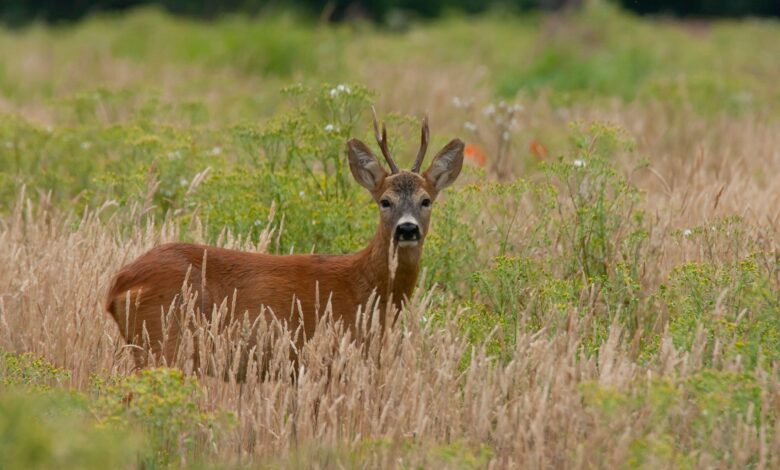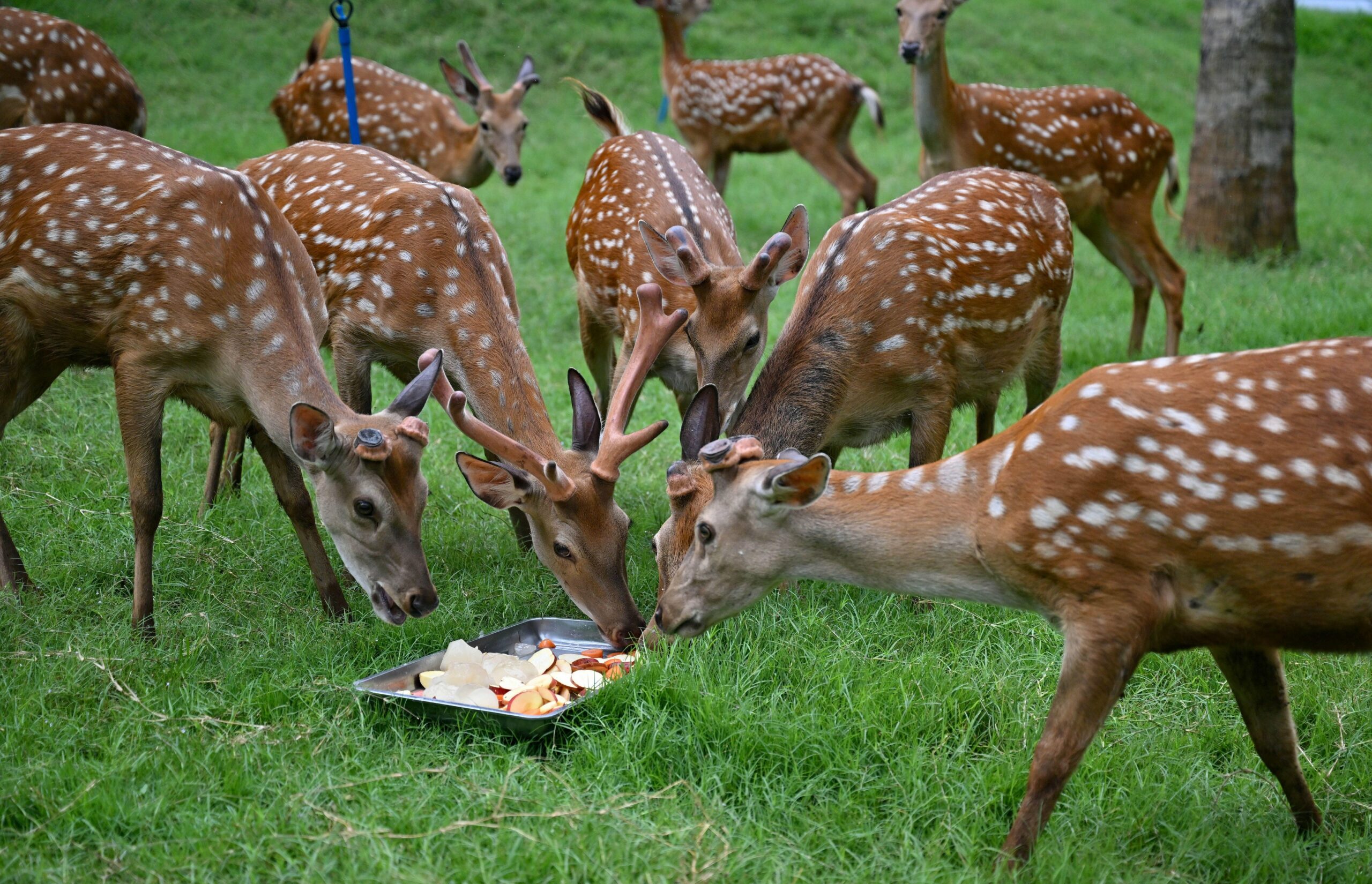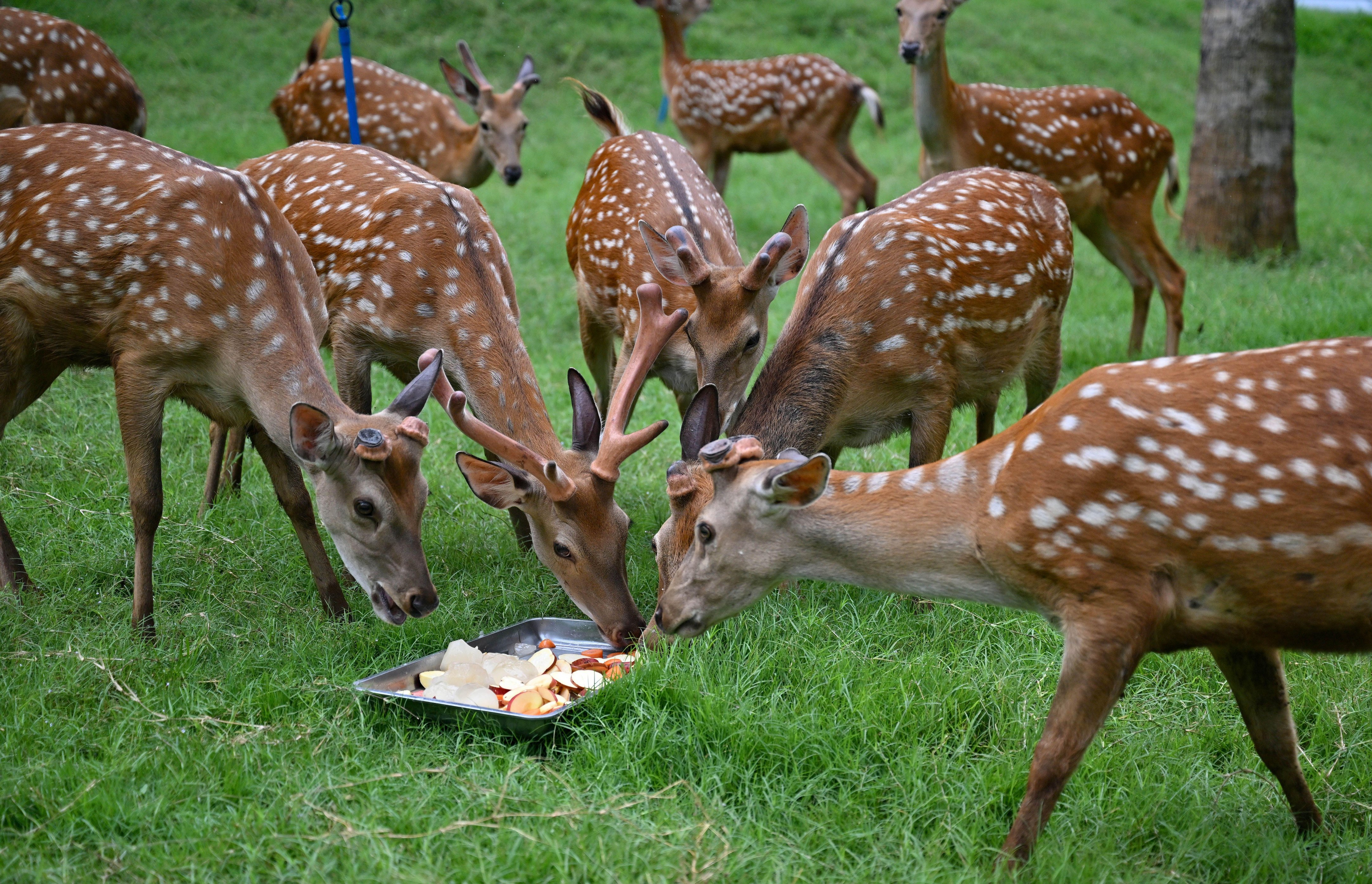It may be illegal to feed deer in your yard



FEEDING deer can be a tempting way to interact with wildlife, but there are important legal and environmental implications that must be considered.
Here’s everything you need to know about feeding deer in your yard.
Is it illegal to feed deer in your yard?
In many areas, feeding deer in your yard is not explicitly illegal, but it is often discouraged or regulated.
According to local wildlife management guidelines, it is often unwise to feed deer as it can have negative effects on their health and behavior.
Feeding deer can lead to problems, such as dependence on human-supplied food. This disrupts their natural foraging behavior and can lead to them becoming a pest.
Additionally, local regulations may vary, so it is important to check with your local wildlife agency for specific rules or restrictions on feeding deer in your area.
Staying informed will help you avoid inadvertently contributing to problems with local wildlife populations.
Can you get a fine for feeding deer in your yard?
Yes, you can be fined if you feed deer if it causes problems or violates local regulations.
Overfeeding can attract large numbers of deer, which can cause damage to your yard and surrounding areas.
Deer that become accustomed to human food can also pose risks, such as traffic accidents and the spread of disease.
In some regions, feeding wild animals (including deer) is subject to local nuisance or wildlife protection laws.
If feeding deer causes problems, such as property damage or safety concerns, you may be fined or required to stop feeding the deer.
Is it illegal to feed animals in your yard?
Feeding animals in your yard is generally not illegal, but different rules may apply depending on the species and local laws.
The Wildlife and Countryside Act 1981 prohibits acts that are harmful to wild animals. This includes providing food that may be harmful to their health.
In addition, local governments may have specific rules about feeding wild animals to prevent problems such as overpopulation and nuisance behavior.
The Anti-Social Behaviour, Crime and Policing Act 2014 provides for action to be taken where eating habits are causing significant disruption or distress within the community.






